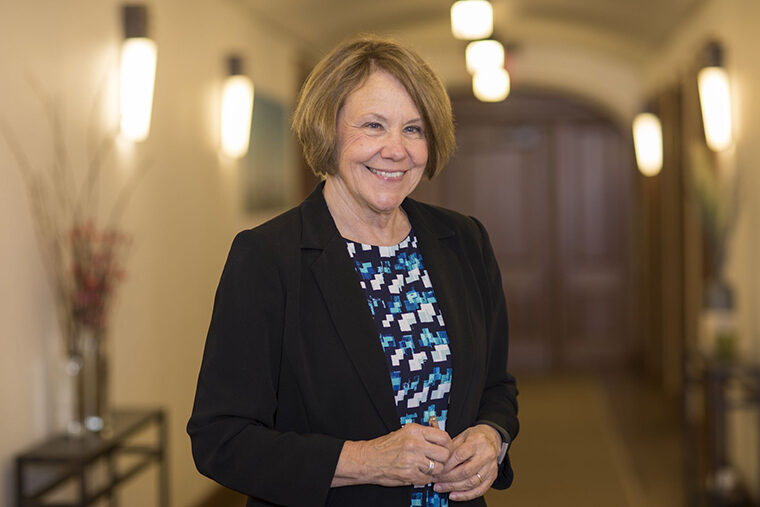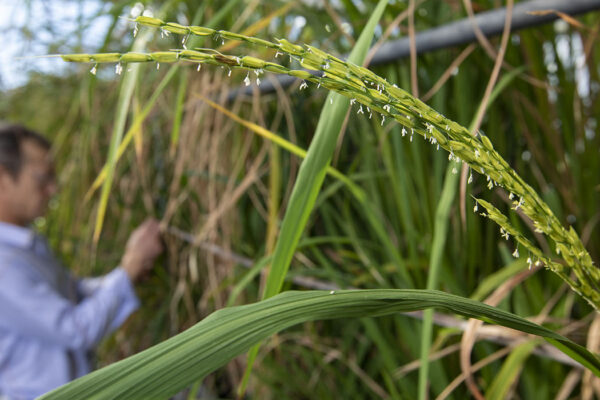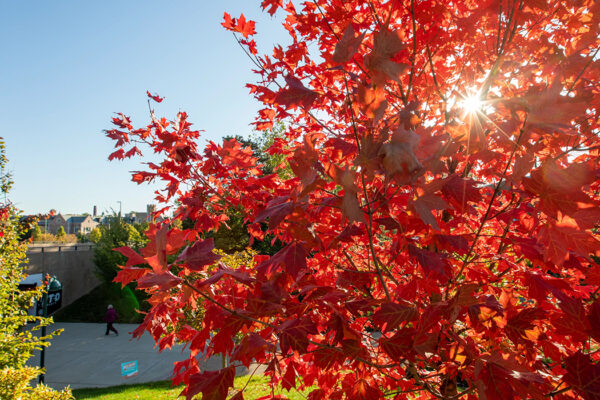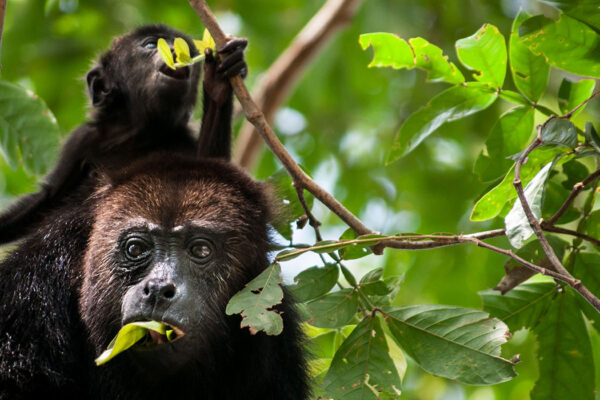Barbara A. Schaal, the Mary-Dell Chilton Distinguished Professor in the Department of Biology in Arts & Sciences at Washington University in St. Louis, was elected a member of the American Philosophical Society in May. The American Philosophical Society, the oldest learned society in the United States, was founded in 1743 by Benjamin Franklin for the purpose of “promoting useful knowledge.”
A nationally recognized evolutionary plant biologist, Schaal was among the first scientists to use molecular biology-based approaches to understand evolutionary processes in plants, such as gene flow, geographical differentiation and the domestication of crop species.
Schaal is the former dean of the Faculty of Arts & Sciences and former chair of biology at Washington University. She also previously served as president of the American Association for the Advancement of Science (AAAS); vice president of the National Academy of Sciences; president of the Botanical Society of America; and president of the Society for the Study of Evolution, among other leadership roles.
Schaal was appointed as a U.S. science envoy by former Secretary of State Hillary Clinton. Schaal has served as chair of the Division on Earth and Life Studies at the National Research Council and was a member of President Barack Obama’s Council of Advisors on Science and Technology from 2009–2017. In 2019, she received the National Science Board’s Public Service Medal and joined the board of directors of the Supporters of Agricultural Research (SoAR) Foundation.
“Science is the basis for a great deal of the well-being not only of the citizens of the world, our nation, but also countries themselves. And so that is the result of the kinds of discoveries that science makes and then the application of those things,” Schaal told Washington Magazine in 2017.
“So for example, if you look at the application of science, one of the major applications of course is in health care,” she said. “And we wouldn’t have the health care that we have now if there wasn’t an understanding of the basic science: principles of physiology of molecular biology, how diseases are transmitted. Another example is agriculture. That’s a great example of an applied science, the science of how plants grow and how we can increase their yields. So our health and our food is the result of basic science discoveries.”
Schaal has worked tirelessly to advance understanding of plant molecular systematics and population genetics. Most recently, she has collaborated with students and peers with an aim of enriching important food crops such as rice and cassava.
Schaal joins a number of other distinguished Washington University faculty members who were previously elected members of the American Philosophical Society, including most recently Jeffrey I. Gordon, MD, the Dr. Robert J. Glaser Distinguished University Professor at the School of Medicine, and Chancellor Emeritus Mark S. Wrighton.



